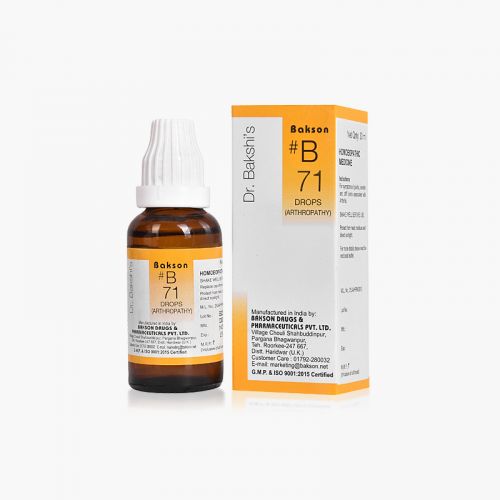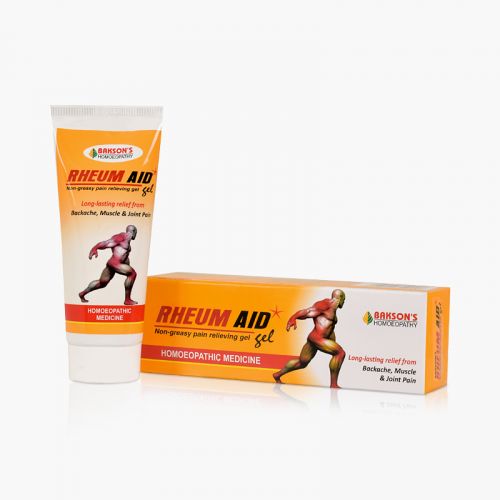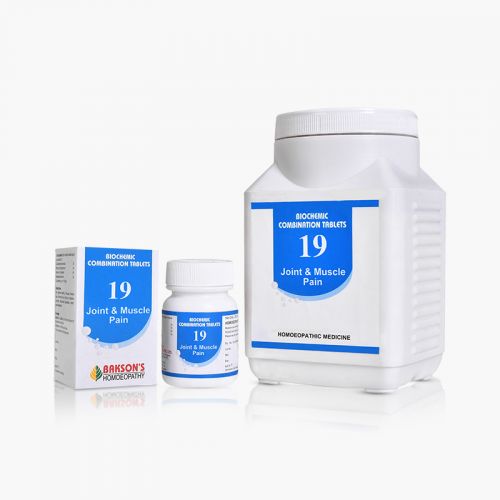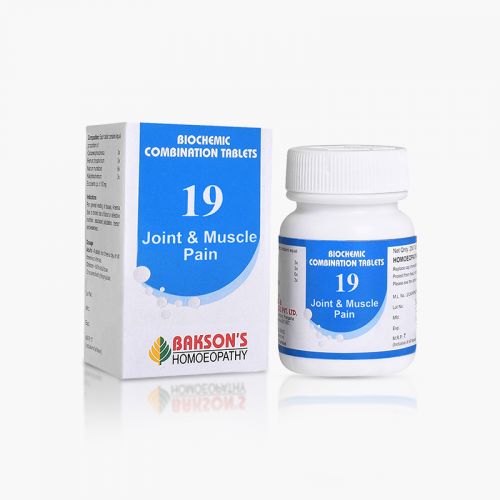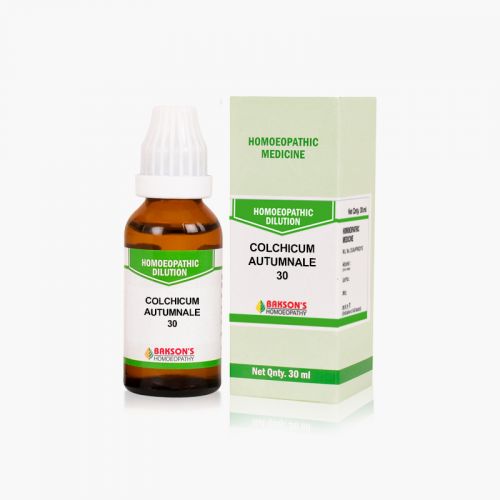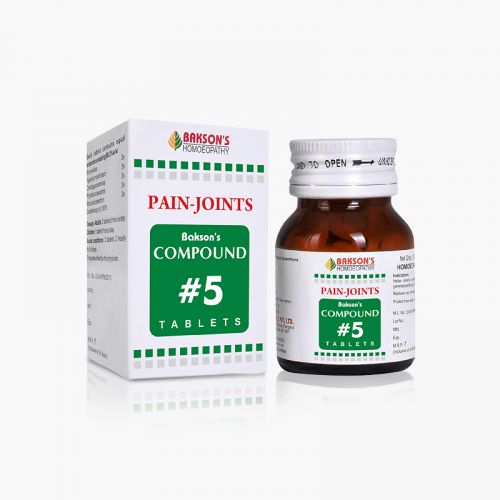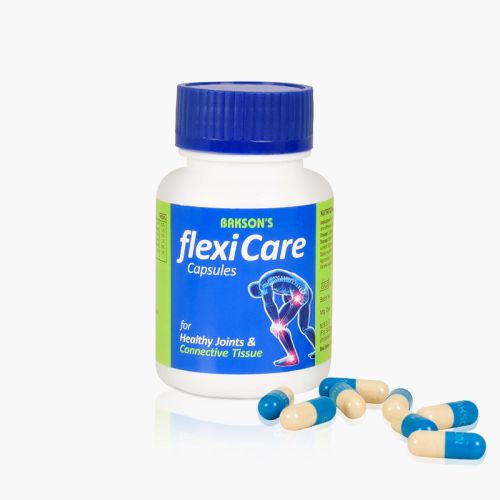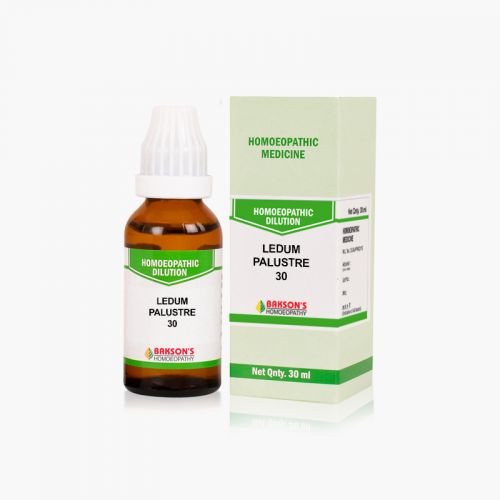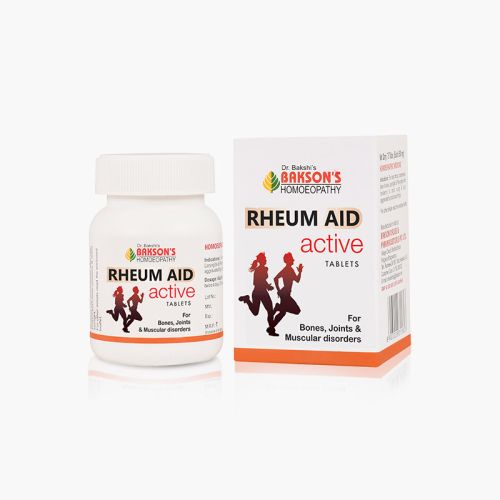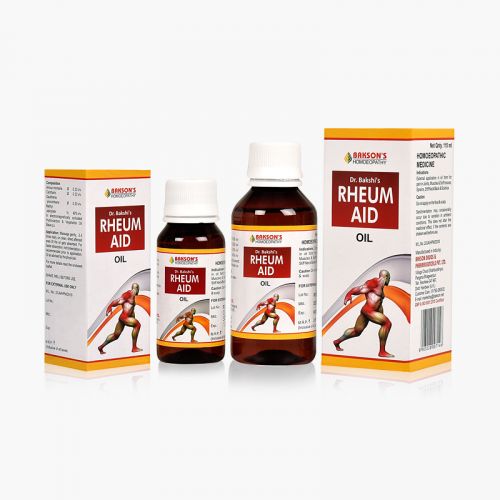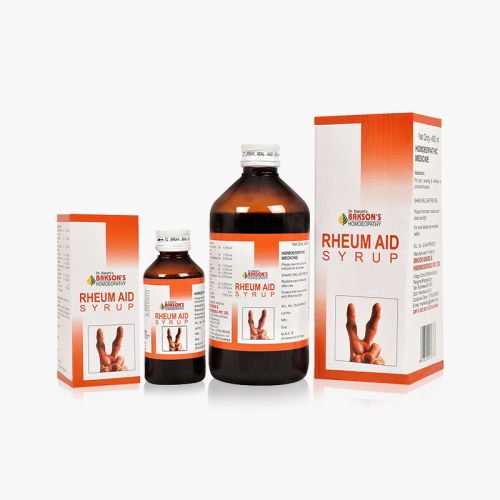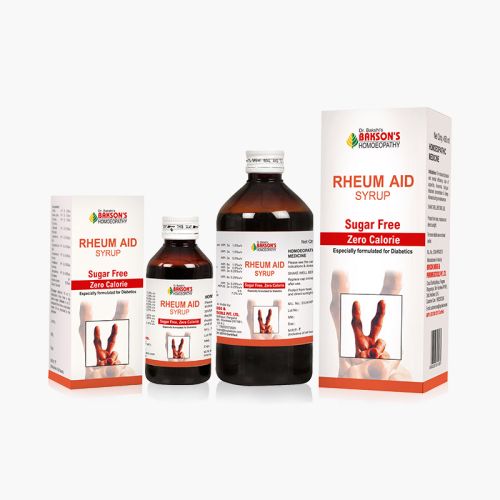We use cookies to make your experience better. To comply with the new e-Privacy directive, we need to ask for your consent to set the cookies. Learn more.
What is Arthritis?
Arthritis is an inflammation of joints due to infectious, metabolic, or constitutional causes. There are more than 100 types of arthritis which have different cause and treatment measures. Joint pain, stiffness and swelling are the most common symptoms. There may be reduction in the range of motion, redness on the joint, with symptoms worse in the morning in many cases.
Some of the most common types of arthritis are: Osteoarthritis and Rheumatoid Arthritis. Inflammatory arthritis can be caused by autoimmune processes (rheumatoid arthritis, psoriatic arthritis, ankylosing spondylitis, etc.), crystal deposition induced inflammation (gout, pseudogout, basic calcium phosphate disease) or infections (septic arthritis, Lyme's arthritis). Inflammatory arthritis can also accompany other autoimmune connective tissue diseases such as systemic lupus erythematosus, Sjogren syndrome, scleroderma, myositis, inflammatory bowel disease, celiac disease, etc.
- Osteoarthritis: Commonly called wear and tear arthritis, which is a degeneration that affects the weight bearing joints like hips, knees, and spine. It can also affect fingers, thumb, neck and large toe. Symptoms include pain and soreness especially on movement of joint, stiffness after rest, joint swelling, etc.
- Rheumatoid arthritis: It affects joints of both sides, resulting in inflammation of the joints due to an auto-immune pathology. Skin, eyes, lungs, heart, blood or nerves can also be affected with time.
- Infectious arthritis: It is joint inflammation occurring secondary to an infectious aetiology, usually bacterial, but occasionally fungal, mycobacterial, viral, or other uncommon pathogens. The joint involvement is usually monoarticular affecting one large joint such as the hip or knee, however polyarticular presentation may also be seen.
Causes
The cause of arthritis varies with the type of arthritis.
- In Osteoarthritis, the major contributory factors include advancing age, female sex, joint trauma, and obesity.
- Rheumatoid arthritis (RA), on the other hand, is an autoimmune systemic inflammatory disorder. An interplay between several genetic factors and environmental factors (smoking) leads to activation and dysfunction of the immune system leading to inflammation in RA.
- In Gout, prolonged hyperuricemia leads to uric acid deposition in joints, which then leads to joint inflammation.
- Septic arthritis is acute arthritis that is rare, but those with pre-existing risk factors such as immunodeficiency, advancing age, diabetes mellitus, prosthetic joints, rheumatoid arthritis, and intravenous drug abuse are at a higher risk.
- Arthritis can frequently be seen in patients with other autoimmune diseases and is one of the most common clinical features in patients with systemic lupus erythematosus (SLE).
Signs and Symptoms
Arthritis generally presents with pain, swelling, loss of function, stiffness, deformity, weakness, and instability. They may also be accompanied by fatigue, sleep disturbance, emotional liability and symptoms of the underlying systemic illness.
Pain from arthritis is usually worse by activities and at the end of the day. Inflammatory arthritis will also cause pain in the morning and at rest that may initially improve with activity, but subsequently gets worse with prolonged use and activity.
On physical examination, inflammatory arthritis presents with tenderness, swelling, effusion, erythema and warmth. Osteoarthritis is associated with tenderness, swelling, and effusion, although erythema and warmth are usually lacking. Decreased range of motion and obvious joint deformity can also be observed in arthritis.
It is important to assess the arthritis onset, the number of joints involved, symmetry, distribution, and pattern to reach the underlying condition.
Diagnosis
Diagnosis is made with the help of a physical examination, blood tests like anti-CCP, RF and ANA. An X-ray, MRI or CT may also be required to rule out some causes.
Management
Treatment is focused on pain management. Heating pads or ice packs can be applied on the joint. Physical therapy and mobility assistance devices are also advised.
Warning: Above information provided is an overview of the disease, we strongly recommend a doctor's consultation to prevent further advancement of disease and/or development of complications.
Disclaimer: The information provided herein on request, is not to be taken as a replacement for medical advice or diagnosis or treatment of any medical condition. DO NOT SELF MEDICATE. PLEASE CONSULT YOUR PHYSICIAN FOR PROPER DIAGNOSIS AND PRESCRIPTION.
- BAKSON #B 71 DROPSSpecial Price ₹ 160.00 Regular Price ₹ 200.00
- BAKSON RHEUM AID GELSpecial Price ₹ 84.00 Regular Price ₹ 105.00
-
- BCT # 19 (JOINT & MUSCLE PAIN)-250TABSpecial Price ₹ 84.00 Regular Price ₹ 105.00
- COLCHICUM AUTUMNALE 30₹ 100.00
- COMPOUND #5 TABLETS-100TABSSpecial Price ₹ 108.00 Regular Price ₹ 135.00
-
- LEDUM PALUSTRE 30₹ 100.00
- RHEUM AID ACTIVE TABLETS - 75 TABSSpecial Price ₹ 172.00 Regular Price ₹ 215.00
-
-
- RHEUM AID SYRUP (SUGAR FREE)As low as ₹ 112.00




